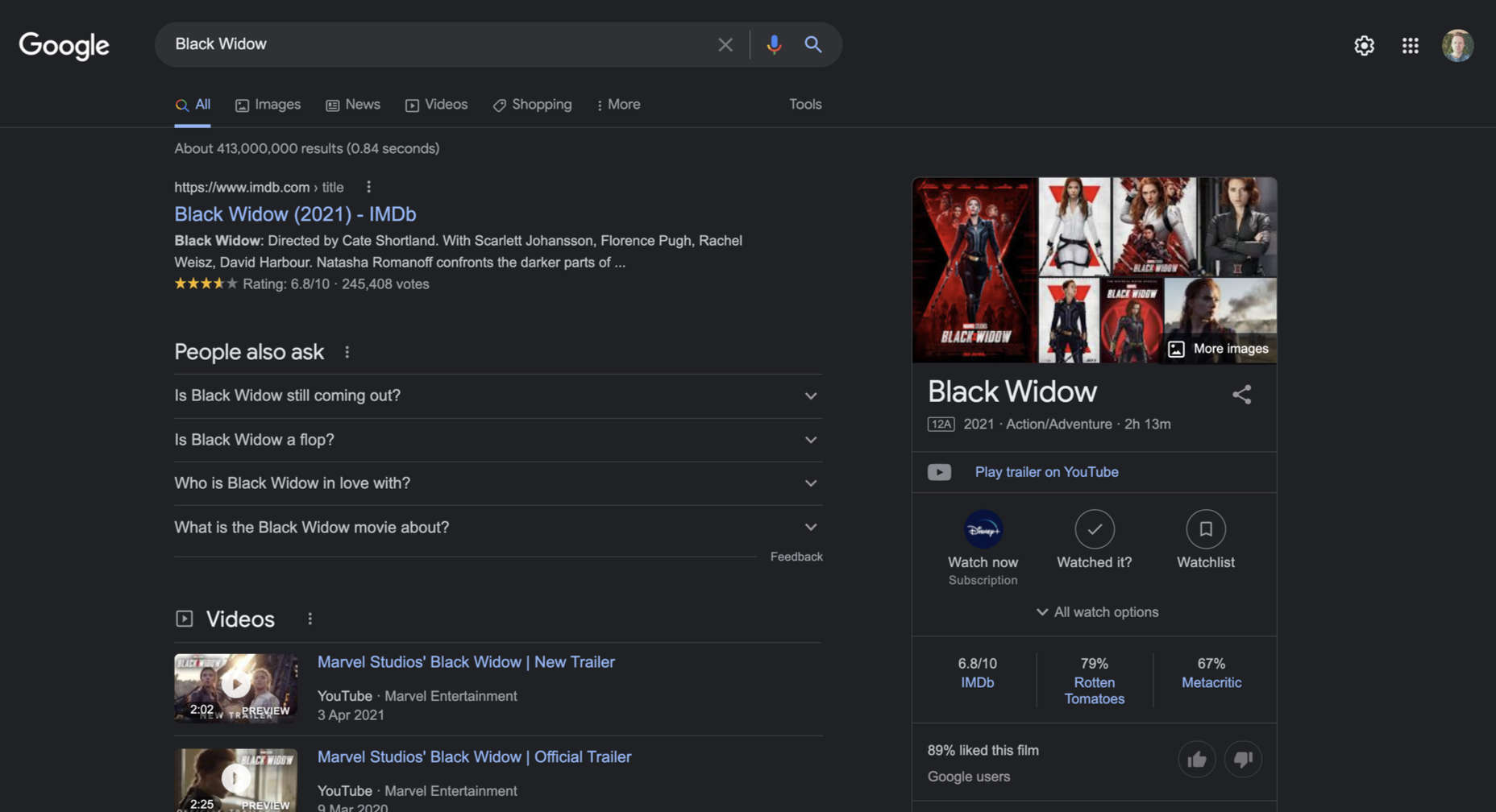The web industry is beset by competing ideals and goals so that the simplicity of numbers makes sense to us: one is more than zero, two is more than one.

When it comes to any metric, there is an understandable temptation to focus on volume. In some cases, absolute metrics make more sense than others. If your goal is to make money, then $1 is marginally better than $0, and $2 is marginally better than $1.
However, even in ecommerce, some conversions are worth more than others; high-value items or items that open up repeat sales are inherently more valuable in the long term.
SEO (Search Engine Optimization) has traditionally been built around a high-traffic numbers game: if enough people visit your site, then sooner or later, someone will convert. But it is far more effective to attract the right type of visitor, the high-value user that will become a customer or even a brand advocate.
The best content does not guarantee success on Google, and neither does good UX or even Core Web Vitals. Content is no longer king. What works is brand recognition.
SERPs Look Different in 2021+
Traditional SEO strategies would have you pack content with keywords. Use the right keywords, have more keywords than your competitor, and you’ll rank higher. SERPs (Search Engine Results Pages) used to be a league table for keywords.
Unfortunately, it’s simply not that easy any longer, in part because Google has lost its self-confidence.
Even before the recent introduction of dark mode for Google Search, its SERPs had started to look very different. [We tend to focus on Google in these articles because Google is by far the biggest search engine, and whatever direction Google moves in, the industry follows — except for FLoC, that’s going down like a lead balloon on Jupiter.]
Google’s meteoric success has been due to its all-powerful algorithm. Anything you publish online is scrutinized, categorized, and archived by the all-seeing, all-knowing algorithm. We create quality content to appeal to the algorithm. We trust in its fairness, its wisdom…
…all of us except Google, who have seen behind the curtain and found the great and powerful algorithm, may as well be an old man pulling levers and tugging on ropes.
Content Is President
Google has never been coy about the inadequacies of the algorithm. Backlinks have been one of the most significant ranking factors of the algorithm for years because a backlink is a human confirmation of quality. A backlink validates the algorithm’s hypothesis that content is worth linking to.
One hundred words or so of keyword dense text requires less processing and has fewer outliers, and so is relatively simple for an algorithm to assess. And yet content of this kind performs poorly on Google.
The reason is simple: human beings don’t want thin content. We want rich, high-quality content. Thin content is unlikely to be validated by a human.
The key to ranking well is to create content to which many people want to link. Not only does this drive traffic, but it validates the page for Google’s algorithm.
There Can Be Only One
One of the key motivating factors in the recent changes to search has been the evolution of technology.
Siri, Bixby, and all manner of cyber-butler are queueing up to answer your question with a single, authoritative statement. Suddenly, top-ten on Google is a lot less desirable because it’s only the top answer that is returned.
Google, and other search engines, cannot afford to rely on the all-seeing, all-knowing algorithm because the all-powerful algorithm is just an educated guess. It’s a very good educated guess, but it’s an educated guess nonetheless.
Until now, an educated guess was sufficient because if the top result were incorrect, something in the top ten would work. But when it’s a single returned result, what search engines need is certainty.
The Single Source of Truth
As part of the push towards a single, correct answer, Google introduced knowledge panels. These are panels within search results that present Google’s top answer to any given question.
Go ahead and search for “Black Widow” and you’ll see a knowledge panel at the top of the results hierarchy. Many searchers will never get beyond this.
